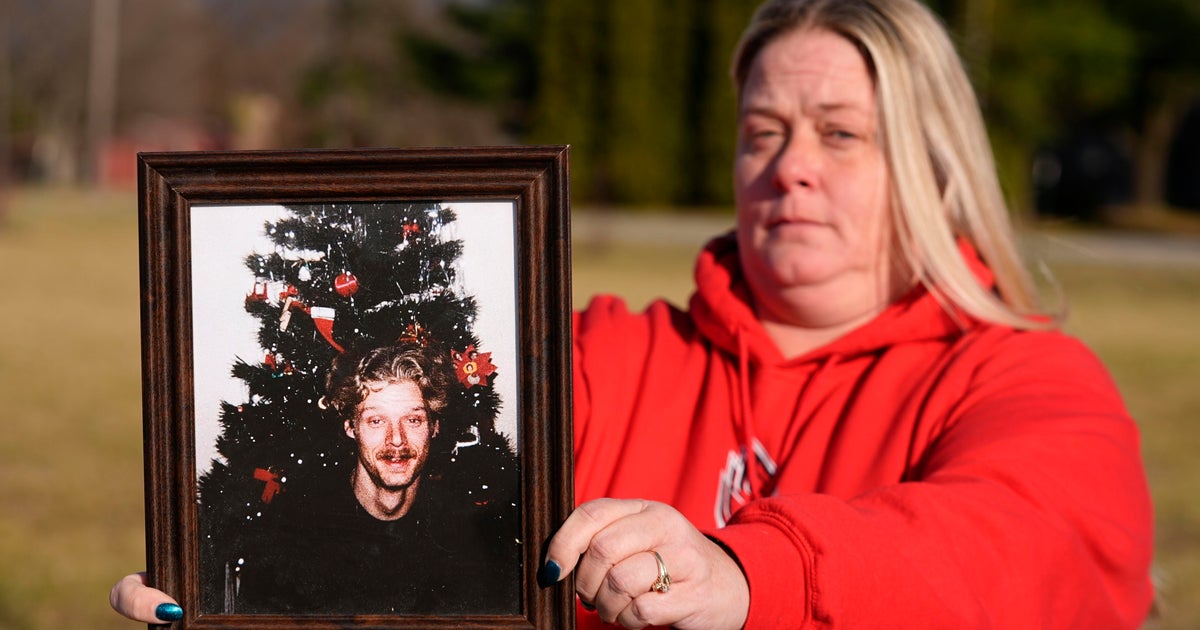
All of Indiana serial killer's victims could be identified as renewed investigative push plays out in laboratories
CBSN
Decades after investigators unearthed thousands of human bones and bone fragments on a suspected Indiana serial killer's property, a renewed quest is playing out in laboratories to solve a long-running mystery: Who were they?
A new team working to identify the unknown dead says the key to their success will be getting relatives of men who vanished between the mid-1980s and the mid-1990s to provide samples of their own DNA.
Those samples can then be screened against DNA profiles scientists are extracting from the remains, which were found starting in 1996 on Herbert Baumeister's sprawling suburban Indianapolis property.

Trump's military parade tomorrow isn't the first in the U.S. — but they're rare. Here's a look back.
Washington — President Trump is hosting a parade celebrating the 250th anniversary of the U.S. Army on Saturday, bringing tanks and soldiers to the streets of Washington, D.C., for the capital's first major military parade in more than three decades.

A military parade through the streets of Washington, D.C., is being held to celebrate the U.S. Army's 250th anniversary on Saturday, June 14 — which also happens to be President Trump's 79th birthday. Army officials say about 6,600 soldiers, 150 vehicles and more than 50 aircraft are set to participate.





















 Run 3 Space | Play Space Running Game
Run 3 Space | Play Space Running Game Traffic Jam 3D | Online Racing Game
Traffic Jam 3D | Online Racing Game Duck Hunt | Play Old Classic Game
Duck Hunt | Play Old Classic Game









